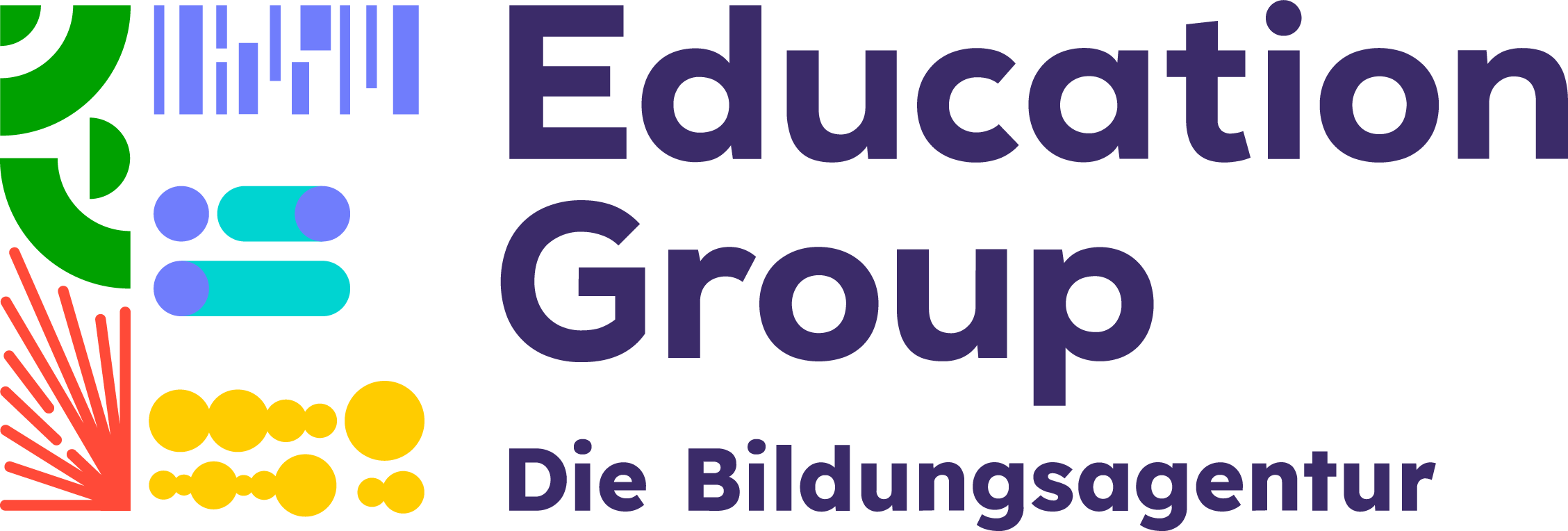

South Bohemian Science and Technology Park, jsc. (JVTP) is a public institution aiming at innovation and technology transfer to and from the regional economy. Its mission is to boost entrepreneurship in the region by providing of whole palette of support schemes. These include physical spaces, equipped laboratories, offices, seminar rooms or technology halls, and enhancement of soft skills in the form of workshops and lectures on business plans, studies, analyses, financial plans, business-to-academia processes or intellectual property rights.

The Faculty of Education is one of the oldest and largest faculties of the University of South Bohemia in České Budějovice. It offers studies towards Teacher Education for the 1st level of primary school, for the 2nd level of primary school and selected fields of study for secondary schools. It also offers study. Programmes of non-teaching focus – Physical Education and Sport, Special Education, Psychology. It also implements doctoral study programmes – Didactics of Biology, Educational Psychology, Didactics of STEM subjects. The faculty has habilitation rights in Educational Psychology. Within the system of further education of teaching staff, it offers the opportunity to supplement or extend their qualifications for pedagogical practice.
The Faculty of Education cooperates with a number of domestic and foreign institutions and participates in many research and educational projects. It has developed the concept of Teacher Pro Futuro, which aims to prepare quality teachers for the 21st century. The Faculty has modern facilities, qualified teachers and a rich cultural and social life. The Faculty of Education is also cooperating on the project with the Faculty of Health and Social Sciences and the Secondary Medical School and Higher Medical Vocational School in České Budějovice.

Business Upper Austria is the Upper Austrian government’s location agency. We are an innovation driver and the first contact partner for companies in Austria and abroad to whom we offer customised solutions for their investment and innovation projects. We help steer economic and research policy.
The MedTech-Cluster of Business Upper Austria, the Upper Austrian Business Agency is the main interface between industry, science and medicine. In total, the MTC’s network consists of approx. 200 partners, whereby the MedTech-Cluster’s aim is to bring together relevant players from the MedTech-industry in order to doing business together, i.e. becoming mutual cooperation partners in either regional, national or international projects.

The non-profit Education Group GmbH is a service, research and project agency in the education sector that is unique in Austria. Many years of experience in the fields of media, education and technology, picking up on trends and an intensive orientation towards the current and future requirements of a modern educational landscape form the basis for the service portfolio of the Education Group and thus make it an innovation driver and a valuable companion for educational institutions as well as for project partners and decision makers.

University of Economics Bratislava is a public higher education institution focusing on Economics, Business, and Management. It provides higher education in Bachelor’s, Master’s and Doctoral programmes to over 7200 students. The main activity of the organization is education and research in various topics, that include businesses and entrepreneurship, business management, tourism, marketing and many other areas. Through its activities and network of contacts, the faculty has close relation with both well-established businesses and startups.

National Institute of Children’s Diseases was established as a state contribution organization by the decision of the Ministry of Health of the Slovak Republic. The basic mission of NÚDCH is to perform tasks related to care for the protection, preservation and restoration of health of patients from birth to 18 years + 364 days by providing health care. The scope of activities ranges from provision of medical first aid services for children and adolescents through processing hematopoietic stem cell grafts to cooperation with educational institutions that provide high school, university and further continuous education of health workers.

THE REGIONAL NETWORK FOR THE SENSOR INDUSTRY IN BAVARIA
The efficiency of technological performance is driven by people. To combine these competencies and smart organizations across the boarders of companies, clusters and industries and making them visible is the operational and strategic focus of our activities – this is more than just networking.
90 world-leading, highly innovative companies and institutions are pooling their expertise in the Bavarian sensor network. Experts from the fields of science, research and development, and vocational education complement this high-tech know-how.

With over 10.500 students, 8 faculties, 56 degree programs, 120 laboratories and 153 ongoing doctoral programs OTH Regensburg is an important location for innovative teaching and research in Germany. The Faculty of Applied Social and Health Sciences with its 12 degree programs, over 1700 students and 9 laboratories represents a central element in higher education training and research in the social and health professions.
Health sciences include the study programs of midwifery, speech therapy, physiotherapy and nursing (Nursing Undergraduate B.Sc., Nursing Management B.Sc. (part-time) and Advanced Nursing Practice M.Sc.).

Innoskart was established in 2006 with the aim of strengthening cooperation between IT companies in Central Transdanubia and encouraging innovation among SMEs in the region. Innoskart has grown into a nationwide cluster, still mainly providing IT services, but also including industrial manufacturing and R&D members.
Formerly known as an ICT cluster, Innoskart has defined itself as a digital cluster since 2019 and also operating as a Digital Innovation Hub from 2021.
The mission of Innoskart is to accelerate the digital transformation of Hungary by supporting the dialogue between digital service providers and industrial manufacturing companies, as well as knowledge and technology transfer.

Széchenyi István University is a public, non-profit institution for education in Győr, with over 50-year-old tradition and experience in supporting Hungary ́s leading industries with a strong focus on vehicle engineering, transportation and telecommunication.
SZE has nine faculties from engineering through economics to arts. There are seven Competence Centres at the university, including the Digital Development Centre participating in the VReduMED project. The Digital Development Centre is a trend-setting Hungarian market player in R&D&I activities, education and training related to digital transformation and the introduction of 5G technology. The Centre’s general digitalisation and 5G development activities cover different areas of healthcare, security, mobility, smart agriculture and Industry 4.0. The research areas of the Competence Centre also include research on Virtual and Augmented Reality based systems that ensures proper contribution to the VreduMED project.
Széchenyi University has more than 40 engineering laboratories that can be used not only for educational purposes, but also to promote scientific collaboration with companies in the region.